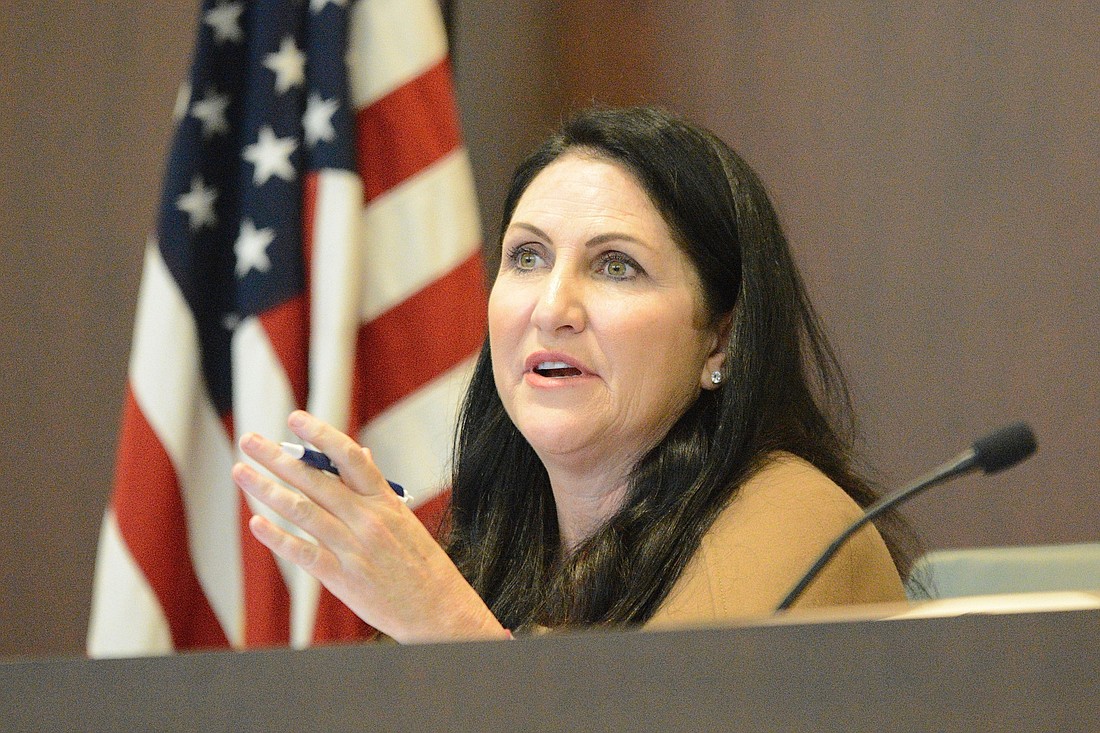- April 26, 2024
-
-
Loading

Loading

Zoning changes. Development agreement amendments. The creation of new ordinances. They're all matters that local governments often handle through what are known as "quasi-judicial" hearings, a formal process that's been impeded in Palm Coast ever since City Hall locked down due to the coronavirus in March.
"It's a difficult problem to solve for a lot of reasons, but it's time, and we have to try to move this forward and restore the functionality of business to the city."
— MATT MORTON, Palm Coast City Manager, on resuming quasi-judicial hearings
Palm Coast is facing a backlog of 16 such projects that would ordinarily be brought before the City Council or the planning board for a quasi-judicial hearing.
That hasn't been happening because the City Council has not been meeting in person: Instead, only the mayor and handful of other people have attended council meetings in at the council chambers at City Hall, while other council members participate via Zoom and the public watches over a livestream.
An attorney for the firm that represents the city said there are three options: The city could hold in-person quasi-judicial hearings and maintain social distancing by limiting room capacity and spacing apart its seating. Or, it could hold all-virtual hearings. Or, it could develop a hybrid option in which people could attend in person or participate remotely.
The city is looking closely at the hybrid option, City Manager Matt Morton told City Council members during an Aug. 11 council workshop.
"We're trying to find some strategies that we're going to bring forward to council that respect the council, respect the integrity of the process, most importably respect the citizens, our community, but will start allowing business to continue like many other communities are doing," Morton said.
One potential complication: An executive order from Gov. Ron DeSantis that allowed municipalities to hold their meetings virtually is set to expire Sept. 1, and it's unclear whether the governor will extend it.
"If we have a problem, we have to solve it. That's why we're here: We've got to make decisions," Councilman Eddie Branquinho said. "Let's wait for what the governor's going to say, but we have to do what we have to do; we can not stop. COVID will not stop us. We've got to do what we have to do. We have citizens to respond to, and that's what we're here for."